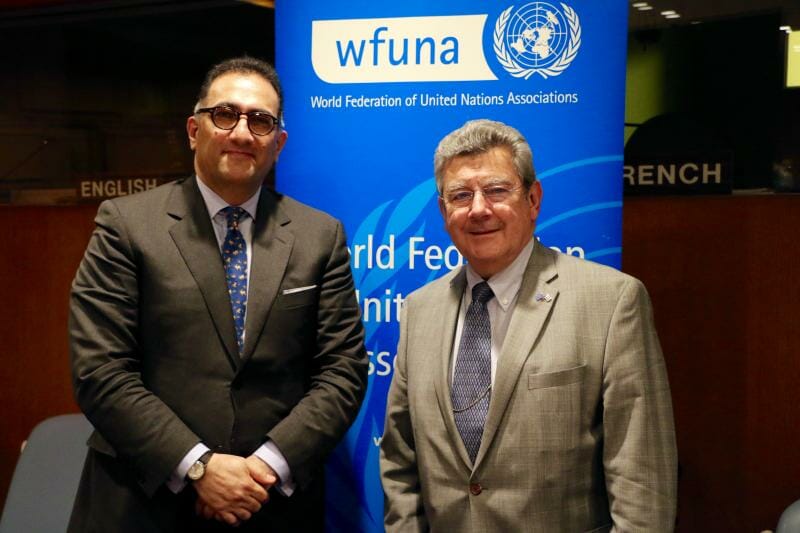
On Wednesday, May 10, 2017, H.E. Mr. Elbio Rosselli, Permanent Representative of Uruguay to the United Nations, participated in a briefing on Uruguay’s Presidency of the UN Security Council. To watch the full event, visit here for a recording.
WFUNA will continue hosting monthly briefings with subsequent Presidents of the United Nations Security Council.

